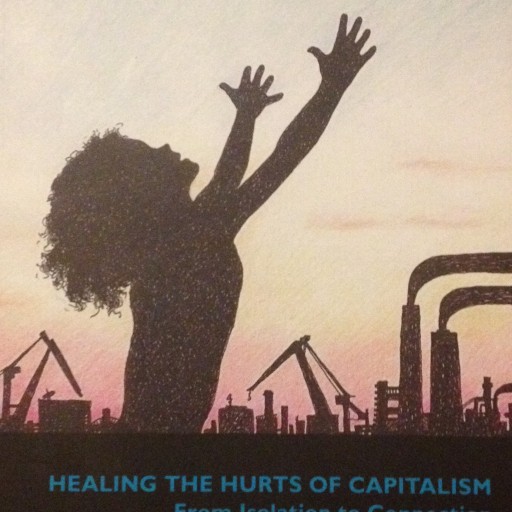Susan Harris:
” . . . a great read . . . “
Wow! What a brilliant book and it is written in a very accessible way. It has a new approach using a diverse group of people’s personal experiences and thinking to illustrate the impact of Capitalism on their lives. This makes it a wonderful alternative to academic explanations. It brings clarity to the complexities and mechanics of the present system and offers ways to support each other to build a better society.
Stefan Szczelkun:
“. . . a more caring form of political practice.“
Many of us, who have experienced peer counselling or perhaps have been through a process of recovery from addictions or trauma with the intensive use of professional counselling, have a political insight into the way that the forces that hold our class system together are embedded in us from an early age.
The political landscape is founded on feelings of superiority and inferiority that don’t seem to be accessible to rational analysis or challenge.
There are many thousands of people scattered through the population that have acquired these insights over the last 30 or 40 years but communicating them to the rest of the world has not happened. Part of the difficulty may have been that the knowledge gained through live and emotionally charged interaction does not translate into words on a page or screen.
The clever thing that the authors of ‘Healing the Hurts of Capitalism’ have done is to base their book on transcriptions from a series of listening workshops in which the participants respond to questions about their experiences in relation to capitalism. The many quotations from these workshops give the reader a stronger idea of the process that is being proposed. In fact the book ends with a chapter on how to set up a successful listening group.
The idea is to infuse grass roots politics with a process of communication that could liberate us from the stultifying effects of the everyday oppressions we have been subject to and that have limited our power.
It’s an ambitious book that is written in very accessible language. I’d recommend it to anyone who wants to find a more caring form of political practice.
